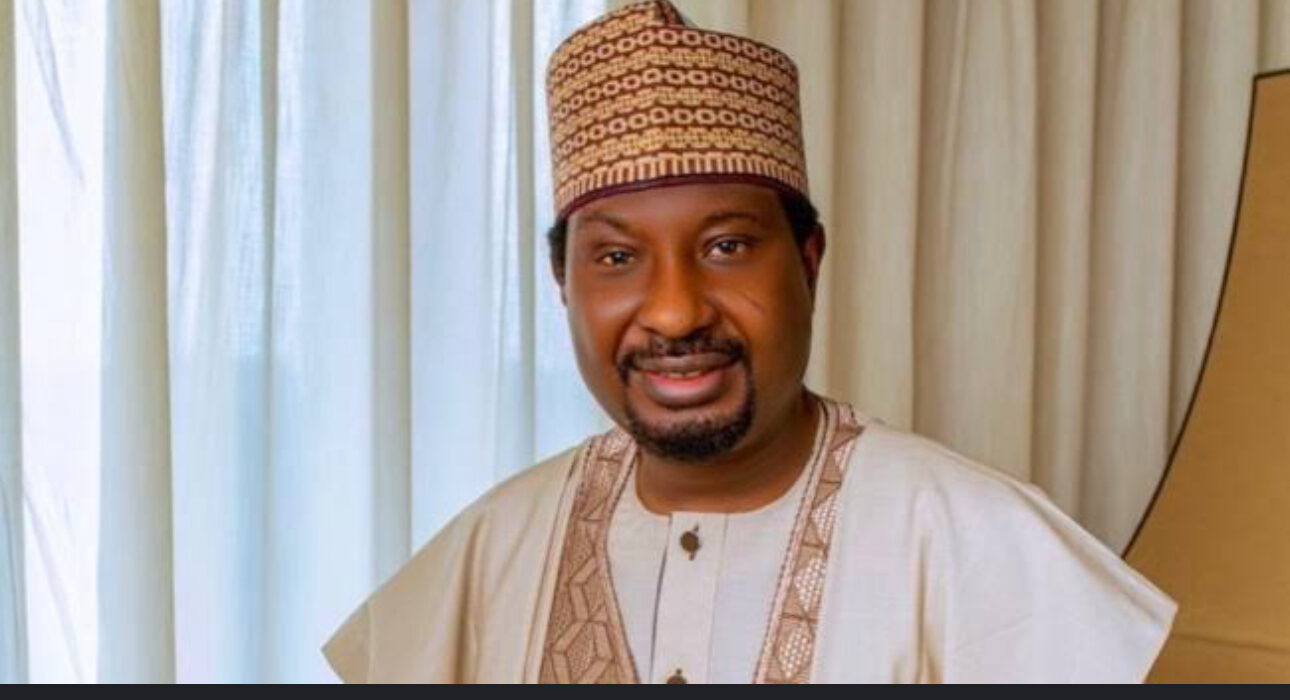Barau Criticizes Past Constitution Amendments, Says They Failed to Address Core Governance Challenges

Deputy Senate President Jibrin Barau has expressed dissatisfaction with previous constitutional amendment exercises in Nigeria, stating that they have consistently failed to address the country’s most pressing governance issues. Barau, who also chairs the Senate Committee on the Review of the 1999 Constitution, made the remarks as the National Assembly begins a fresh round of constitutional review across the six geopolitical zones
Speaking ahead of the zonal public hearings which began on July 4, Barau highlighted the shortcomings of past amendment efforts, saying they have largely been limited to surface-level changes rather than the fundamental reforms needed to strengthen governance, federalism, and national stability. According to him, despite multiple reviews and the passage of several constitutional amendment bills, key issues such as true federalism, local government autonomy, and effective decentralization of power have not been adequately addressed.
Barau explained that while previous amendments have achieved some success—such as the granting of financial autonomy to the state legislature and judiciary—many critical reforms have either stalled or been rejected. He pointed specifically to unresolved issues such as the creation of state police, fiscal federalism, independent candidacy, diaspora voting, and full local government autonomy as areas where genuine change is still lacking.
As the new round of constitutional review begins, Barau says the Senate is committed to a more inclusive and grassroots-driven process. Public hearings are being held in zonal centres located in Lagos, Enugu, Ikot Ekpene, Jos, Maiduguri, and Kano. Stakeholders from civil society, traditional institutions, political groups, and the general public have been invited to participate and make submissions on over 50 amendment proposals currently under consideration.
Among the proposals are 31 separate requests for the creation of new states, the establishment of state judicial councils, a dedicated local government electoral commission, gender inclusion in legislative seats, and provisions for stronger oversight and accountability mechanisms.
Barau assured Nigerians that this latest exercise would not follow the pattern of the past. He announced a structured 24-month timeline and promised sustained collaboration with members of the House of Representatives, state Houses of Assembly, legal experts, and civil society groups. He also hinted at the possibility of broader constitutional reforms beyond mere amendments, suggesting that a more comprehensive national dialogue may be necessary to lay the foundation for a new constitution.
He emphasized that real reform would not come from incremental changes alone but from bold decisions that reflect the will of the Nigerian people. “We must stop repeating the mistakes of the past,” Barau said. “This is not just about editing clauses—it’s about building a system that works.”
The Deputy Senate President also dismissed speculation that the review was politically motivated or linked to ambitions ahead of the 2027 general elections, insisting that the sole focus of the committee is to strengthen Nigeria’s democratic institutions and deliver a constitution that truly serves the people.
As the hearings continue, all eyes are on the National Assembly to see whether this round of amendments will finally break the cycle of unfulfilled reforms and usher in the deep structural changes many Nigerians have long demanded.









